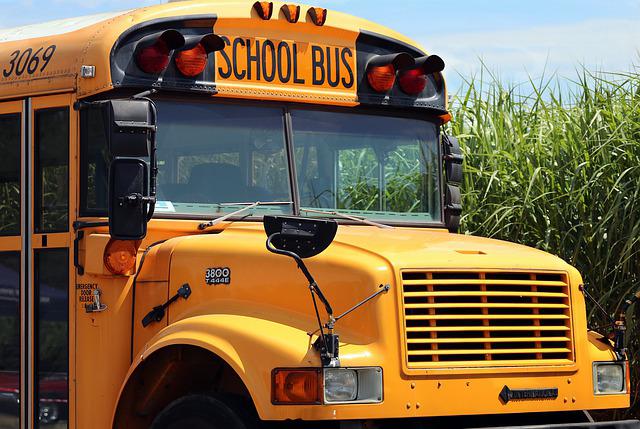School Board adopts resolution
Published 9:27 am Wednesday, December 14, 2016
The Lunenburg County School Board agreed to support a resolution which, if successful, could guarantee more funding to school districts in the rural Southside and Coalfields regions of Virginia.
The board agreed to “adopt the Resolution for Lunenburg County Public Schools to Support the Recommendations Introduced at the Coalfields Equity Summit,” according to Superintendent Charles Berkeley.
The resolution asks the General Assembly to even disparities between localities in the Southside Virginia school divisions and those in more affluent areas, such as northern Virginia. Because these counties are unable to raise equivalent funds from local taxation, state funding deductions have a much larger impact on the school systems.
The coalition states several requests of the General Assembly to help “even the playing field” for rural school systems.
The first request is that the legislature “provide a Cost of Competing Adjustment (CoCA) for Coalfields School Divisions for salaries and operations similar to the CoCA for 18 School Divisions in Northern Virginia as permitted by recommendation of JLARC Report Document 82.”
This request is asking for funding to be adjusted based on the counties’ abilities to support their school systems with funds from property taxes.
The Coalition’s Equity Resolution states, “Coalfields Localities have the ability to raise only $1,200,000 by increasing property taxes by one penny (.01),” and “local poverty and tax revenues prevent Coalfields Localities from funding schools at the same level as affluent Localities.”
Specifically, the resolution for Lunenburg County states that Luneburg can only raise $85,000 by raising property taxes by one penny.
The second and third requests are that the Assembly, “reissue the Enrollment Loss Budget Line item for Virginia’s schools as issued most recently in 2010,” and “approve the 2 percent Compensation Supplement that was originally part of the 2017 State Budget,” respectively.
Finally, the coalition is asking for the General Assembly to “consider other long term solutions to provide equitable funding to school divisions across Virginia as presented at the Coalfields Equity Summit held at the University of Virginia’s College at Wise on October 13, 2016.”
The resolution says Lunenburg has 25 percent of its residents living below the poverty line and the school system is providing free and reduced lunches to 67 percent of its students.
Also during the board meeting, Berkeley and board members discussed a transportation plan for students in foster care.
The plan states, ”national research says students in foster care are at high-risk of dropping out of school and are less likely to attend or graduate from college.”
It says the frequent mobility of these students is a barrier to their academic success, thus the “Every Student Succeeds Act of 2015” requires school divisions to set clear guidelines for setting arrangements, funding and providing transportation to these students during the time they are in foster care.
Lunenburg County Public School’s plan for these students entails a meeting between a local Department of Social Services worker and the school to determine what is referred to as the student’s “Best Interest Determination” (BID).
Following this, the foster parent is asked to provide the school system with information such as the student’s name and new address. A foster care liaison, the social services caseworker and other essential BID workers then address this information.
If they decide the student should stay at the original school, then a transportation plan will be organized, according to the plan. There are several options for transportation, which can be applied, as necessary, to ensure a safe and efficient transport for the student.
The plan lists options for funding of the transportation, in addition to several different transport options.
Also during Monday evening’s meeting, the board set dates for budget work sessions where board members and the superintendent will plan for the 2017-2018 budget.
Those sessions will take place Jan. 19, Feb. 16 and March 2, 16 and 30.




